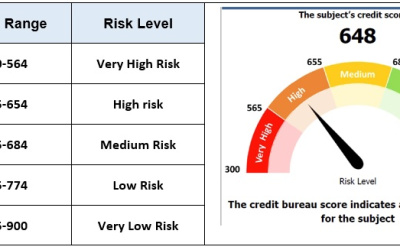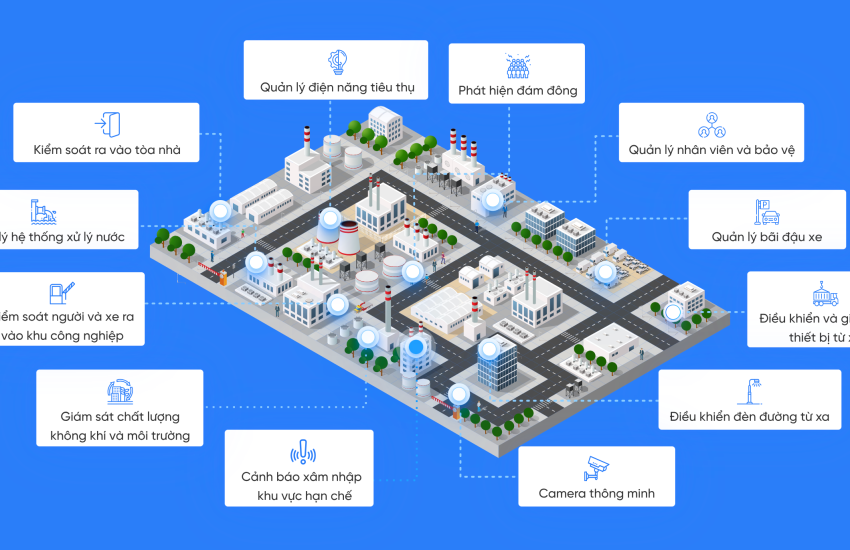
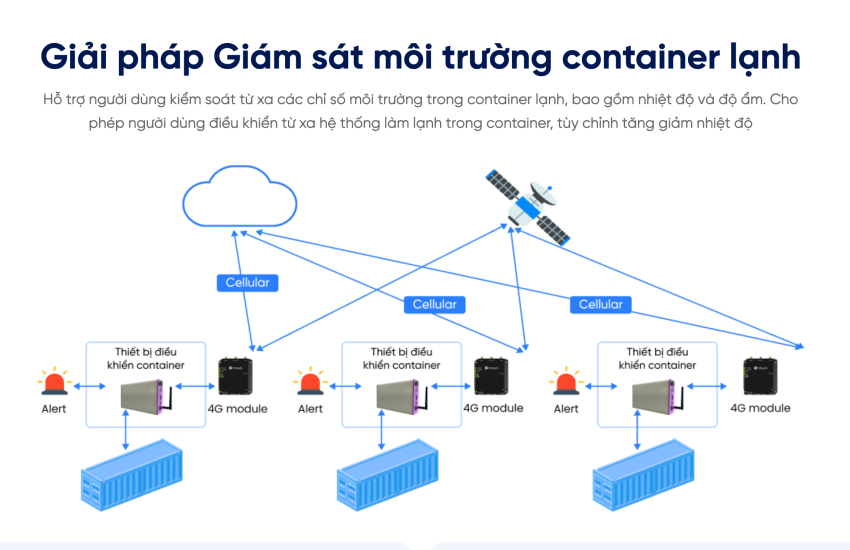
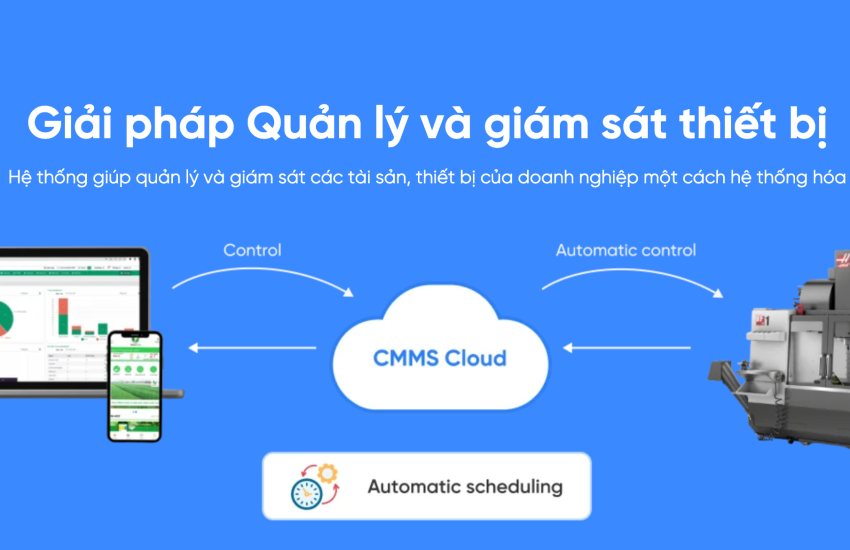
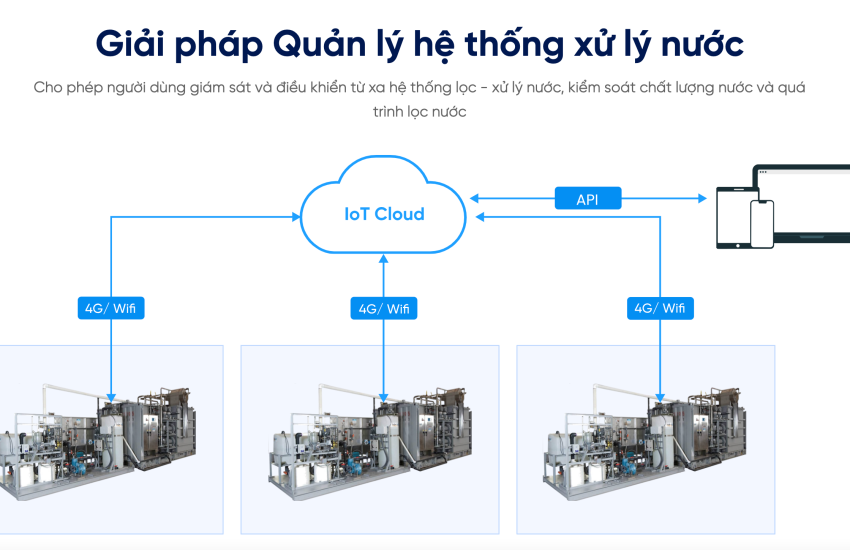
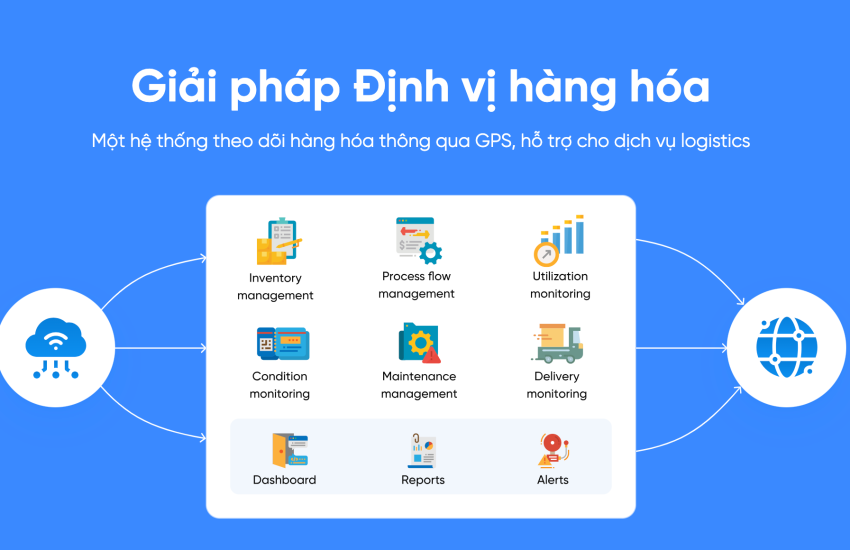
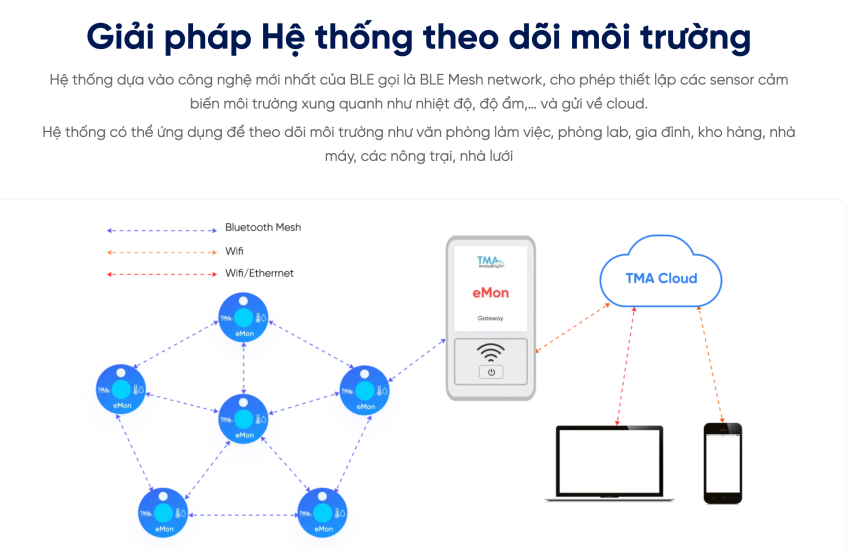
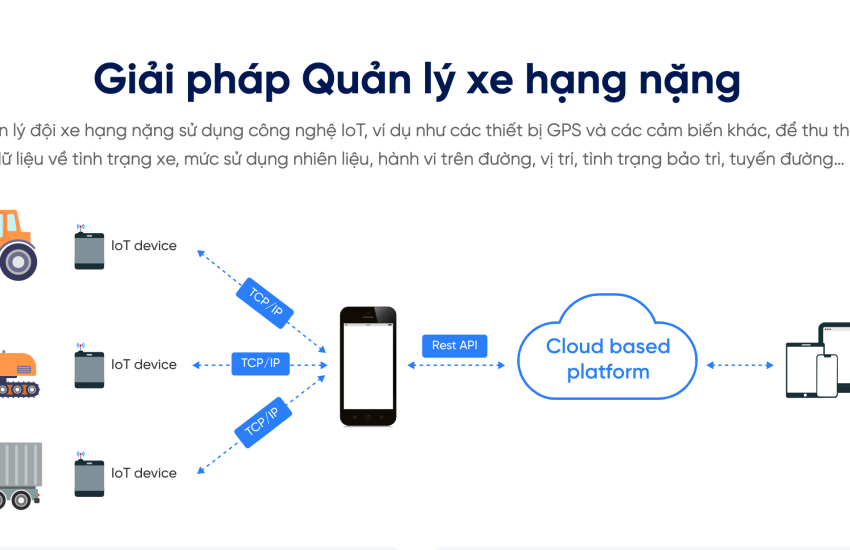
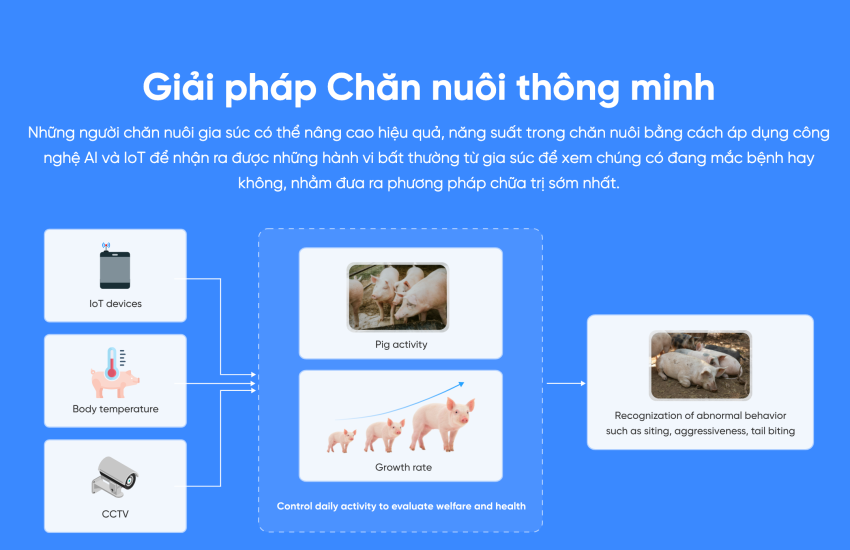
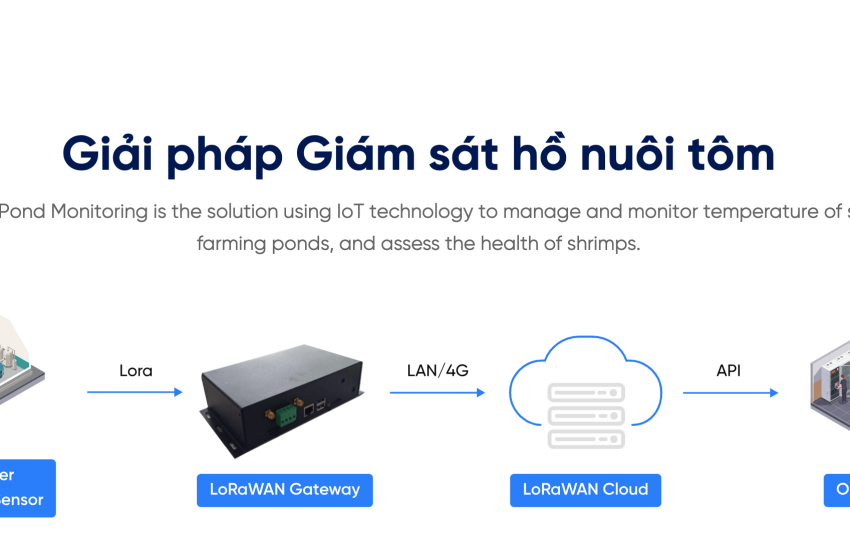
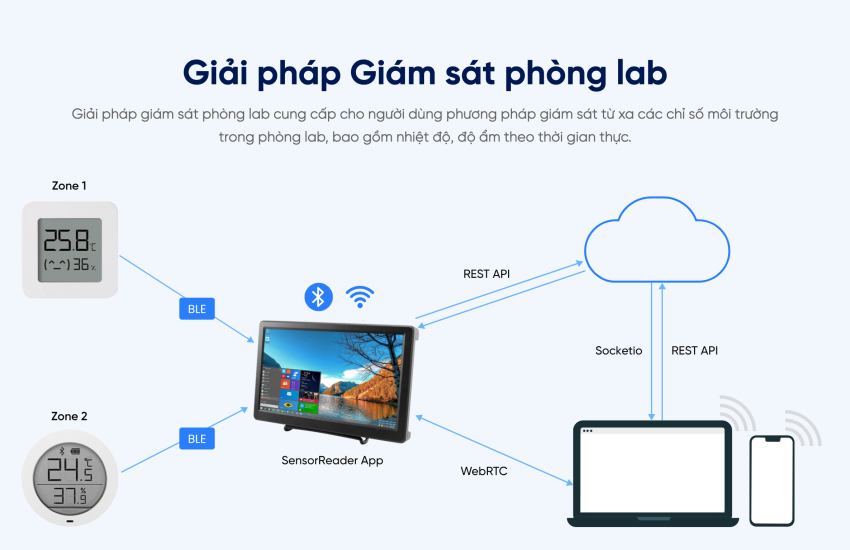
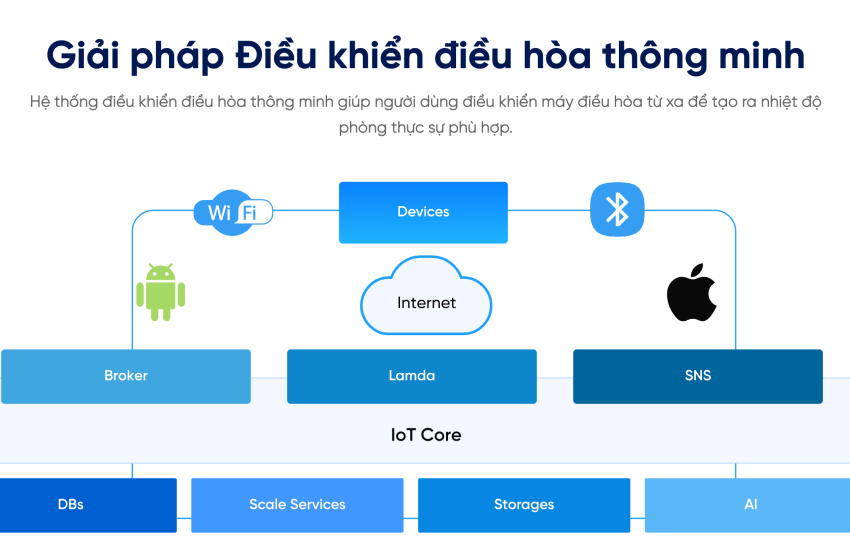
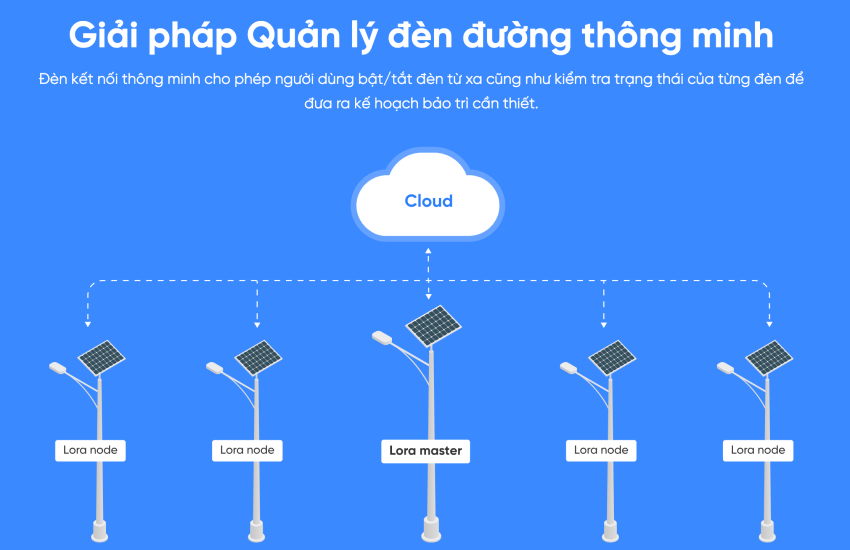
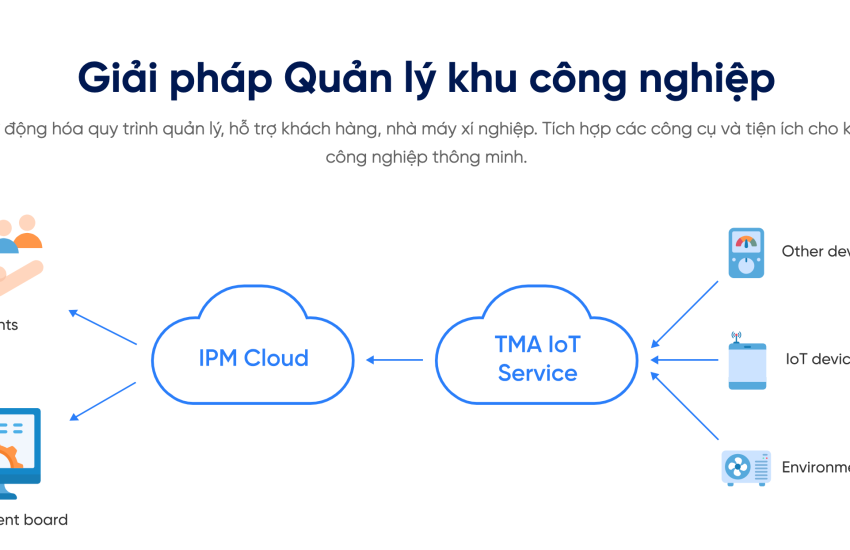
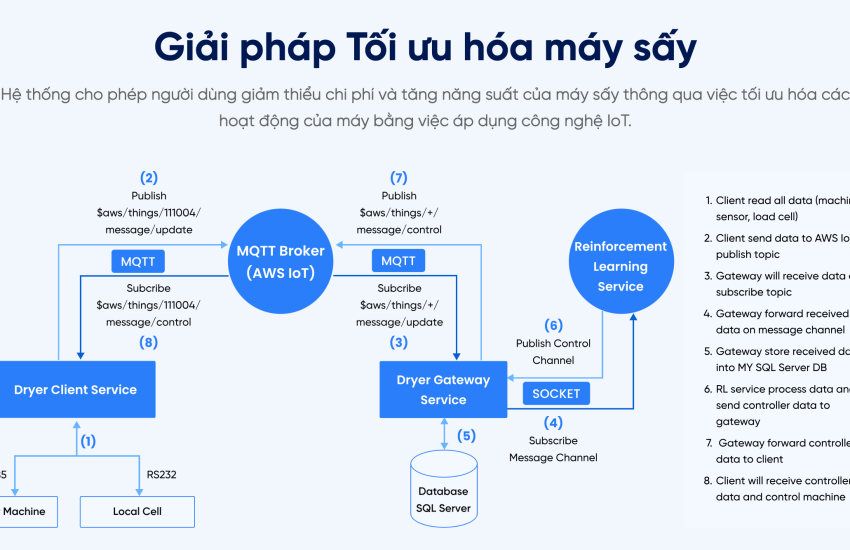
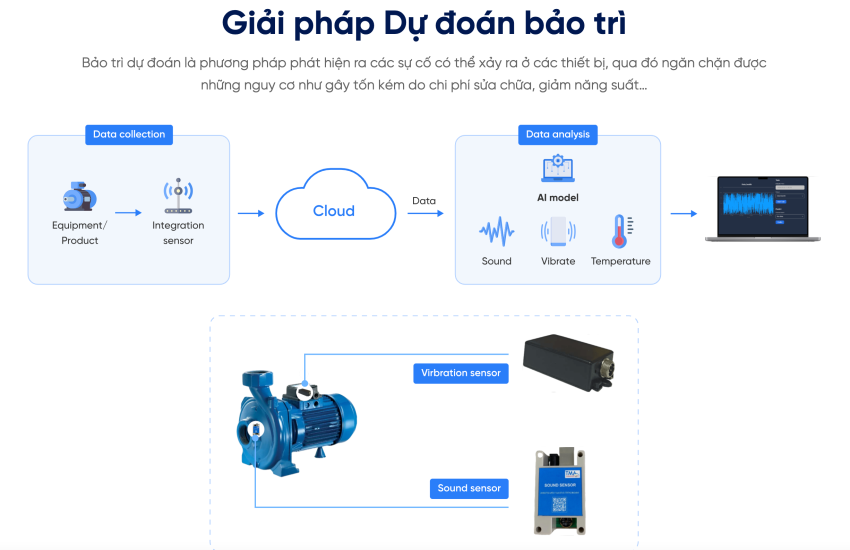
Creating software in Vietnam without being fluent in English is feasible through various strategies and approaches.
In an era where IT outsourcing stands as a cornerstone in the strategies of many companies, it becomes imperative to explore inventive solutions to tackle the accompanying challenges. Among these, the language barrier emerges as a significant hurdle for companies considering outsourcing software development to Vietnam, where a sufficient command of English is often perceived as a prerequisite for such endeavors.

Nevertheless, viable solutions do exist. One innovative and highly effective strategy involves the establishment of hybrid teams, melding Vietnamese developers with a project manager proficient in French based in locales like France, Mauritius, or Madagascar.
Foundations of IT Outsourcing The concept of IT outsourcing is not novel to contemporary businesses. Various studies, including those by Gartner and McKinsey & Company, underscore its pivotal role in the corporate landscape. Positioned at the core of the adoption cycle, as per the Gartner Hype Cycle for Outsourcing, Offshoring, and Nearshoring (2021), IT outsourcing serves as a transformative catalyst for companies globally.
Importantly, IT outsourcing transcends mere cost reduction, offering privileged access to a diverse pool of highly skilled talent and adaptable flexibility catering to shifting market dynamics.
Revolution Supported by Research The legitimacy of IT outsourcing is underscored by extensive research and studies from prestigious institutions. For instance, the McKinsey Global Institute’s comprehensive survey on outsourcing reveals substantial cost savings for companies entrusting their IT activities to external parties. Savings of up to 40% in IT costs are feasible through outsourcing to emerging markets such as Vietnam.
Moreover, the Boston Consulting Group, in a recent study, accentuates access to specialized skills as a primary benefit of outsourcing. Leveraging technical expertise from global professionals facilitates accelerated development of IT projects, aligning with the imperative to remain competitive amidst evolving landscapes.
Flexibility is another key facet highlighted by reports from the Harvard Business Review. Outsourcing enables companies to swiftly adapt to market fluctuations, optimizing resource allocation and maintaining agility essential for sustained growth.
Despite these advantages, challenges persist, including the language barrier. Let’s delve into this challenge and explore potential solutions.
Challenges of English in IT Outsourcing to Vietnam Effective communication serves as the bedrock of successful outsourcing projects. However, language barriers have often impeded seamless information flow, leading to significant project disruptions and hidden costs, as noted by Tim Hwang, director of the Institute for the Study of Reputation and Decision Economics.
This underscores the necessity of innovation in addressing outsourcing challenges, with proficiency in English being a requisite for collaboration with Vietnamese developers. Consequently, companies lacking strong English skills may opt to relocate their projects to French-speaking countries, overlooking the viable solution of hybrid teams.
Introducing an Innovative Solution: The Hybrid Team To surmount communication challenges, the innovative approach of the hybrid team emerges as a pragmatic and efficacious solution. By amalgamating Vietnamese developers with a project manager or Product Owner fluent in French, located in locales like France, Mauritius, or Madagascar, companies seamlessly navigate language and cultural barriers while leveraging cost advantages offered by offshore destinations.
This approach, gaining traction, was spotlighted in a Deloitte report titled “Hybrid Outsourcing: The Future of International Collaboration” in 2022. Deloitte underscores that this blend of local and international expertise fosters idea exchange, innovation, and best practices, culminating in a diverse environment conducive to project success.
Success of the Hybrid Team Model Recent instances vividly illustrate the effectiveness of the hybrid team approach. Andrew Miller, CEO of TechSolutions, highlighted a significant improvement in product quality and reduced time to market since adopting the hybrid approach in an interview with the Harvard Business Review in 2023. Companies like TechSolutions have harnessed this innovative strategy to accelerate growth and bolster competitiveness.
Selecting and Managing a Hybrid Team Careful planning is imperative for forming and managing a hybrid team. Bocasay, an offshore web development agency, specializes in curating hybrid teams, with a decade-long expertise in this domain. According to a 2022 report from the Stanford Project Management Institute, selecting the right team members and managing communication processes are pivotal in ensuring the success of hybrid outsourcing.
Meticulous selection of the project manager and developers, coupled with establishment of effective communication channels, facilitates transparent information flow.
Vietnam’s prominence in IT outsourcing is underscored by its remarkable tech sector growth. As per the World Economic Forum’s Global Competitiveness Report in 2022, Vietnam ranks among the top 50 countries in digital skills. With high-quality software development expertise and competitive costs, Vietnam emerges as a pivotal player in IT outsourcing.
Embarking on the journey to build tech teams in Vietnam, leveraging hybrid teams, represents an innovative strategy transcending language barriers, offering myriad benefits for companies. Reports from esteemed organizations and expert endorsements affirm the efficacy of this approach. It now behooves companies to seize this opportunity, fostering international partnerships transcending geographical and cultural confines to remain competitive in the global arena.
































